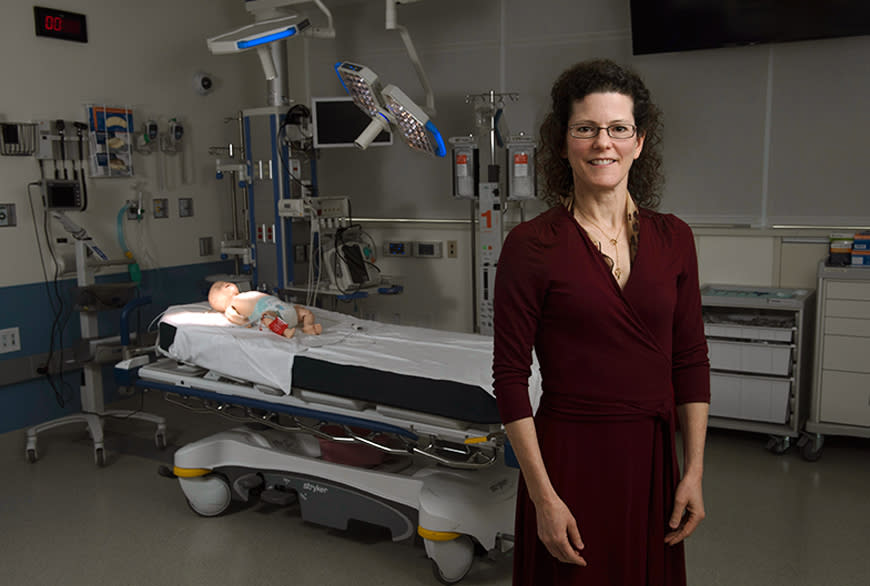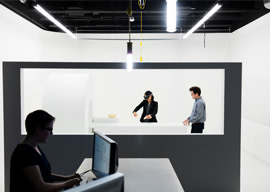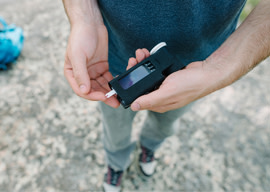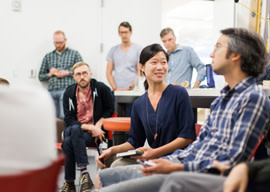
There is so much fear in healthcare. Fear for patients, for the surgeons who treat them, for the families who have to stand by and watch anxiously as a loved one goes under the knife. But for Melissa Burke and her colleagues, fear is to be cut down to size by simulation. Rehearsal. Practice. As the Director of Operations of SIMPeds, Boston Children’s Simulator Program, Burke is obsessed with how simulation can help the players in our #healthcare drama to master their fear. In this excellent conversation with our Lee Moreau, she delves into the tactics, the meaning, and power of #medicalsimulation—and the hope it holds for the future.
• “The hospital’s a really emotional place and being able to quantify emotion in the healthcare setting enables a whole host of new opportunity.”
• “The single thread that joins everything we do at the simulator program is fear.”
• “The whole point of the simulator program is to enable rehearsal, opportunities to reduce fear and anxiety, to create confidence, and to create clinical teams that operate from a very mature state of confidence, and to increase the confidence of parents going home with children who maybe have new lifesaving medical equipment that they need to take with them. Or even to empower the children that we care for in making decisions about their own care or contributing to their care.”
• “We’re creating synthetic patients that look real and feel real, for our clinical teams to learn from. We’re creating psychologically safe environments for clinical teams to be able to make mistakes, admit mistakes, talk about their mistakes. We have human factors experts that use these medical simulations as the reason to have conversations around how to improve a team.”
• “I like to think of us as the nexus of medicine and theatre because we’re creating very lifelike environments, replicas of exact operating rooms or exact ICUs wh ere these teams natively work. And we bring them in and we have them work on synthetic patients that look real and feel real, so their head is in the game.”
• “We also have patients’ families represented, so the mom who spent three months in an ICU can say: ‘Hey, if the headwall isn’t over by the window, my child wouldn’t see the light of day for three months.’”
• “When simulation is done wrong, people feel beaten down. They feel demoralized. But when simulation is done right, the entire team feels like they’re that much better.”
• “In our simulation center, we go to Disneyesque length to make things real. So our simulated patients bleed and urinate and speak. And sometimes we use actors, and the level of realism that is elicited when you have an actor playing a patient or an actor playing a parent is so real, I have to look away.”
Host: Pete Chapin
Editor: Kyp Pilalas
Producer: Ken Gordon
The Resonance Test 25: Melissa Burke</





